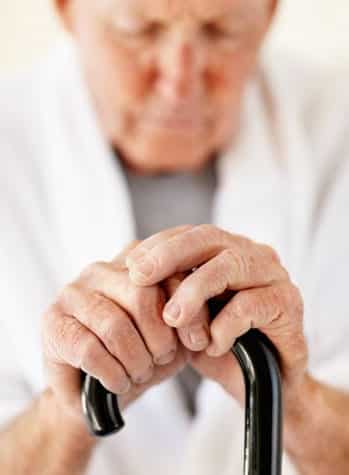Why We Specialize In Peripheral Neuropathy

Peripheral Neuropathy and Conventional Medical Treatments
The founders of the “San Antonio Neuropathy Center” became frustrated with the standard medical care being offered to patients suffering from peripheral neuropathy. Doctors often say, “The cause of neuropathy is unknown, and once you have neuropathy, it’s permanent. You just need to learn to live with it.”
Dr. Monteiro learned this firsthand when her mother got neuropathy from her chemotherapy.
To make matters worse, doctors prescribe patients numerous medications to treat the pain, such as
- Neurontin® (gabapenting)
- Lyrica® (pregabalin)
- Cymbalta® (duloxetine hydrochloride)
- NORCO® (hydrocodone bitartrate and acetaminophen)
These are only a few of the medications doctors prescribe to mask the symptoms. At best, they mask the pain as the damage worsens. However, the real problem begins with the side effects created by the medications. In some cases, patients experience side effects as severe as the peripheral neuropathy itself.
… while researching for our book Defeat Neuropathy Now … In Spite of Your Doctor, we discovered that cases labeled as idiopathic (unknown cause), actually had very clear underlying causes that could be treated and reversed!
Tired of conventional treatments of medications yielding little to no results for patients, Dr. Monteiro and Dr. Coppola set out to discover how to repair and regenerate damaged nerves. Their research ultimately led them to write a book on the topic, “Defeat Neuropathy Now…In Spite of Your Doctor.”
While researching peripheral neuropathy for the book, they discovered that most cases were not “idiopathic” (unknown cause) but had clear underlying causes. When working with new patients, Dr. Coppola and Dr. Monteiro focus on identifying the root cause, creating a treatment plan based on proven research, and refusing to ignore and mask the symptoms with medication.
When the damaged nerves begin to repair, the symptoms alleviate (burning, numbness, tingling, and sharp, shooting pain). Patients also regain balance, strength, and normal sensory perception (feeling hot, cold, light touch, vibration, etc). These restorations prevent patients from injuries from falling and allow them to reclaim their lives.
